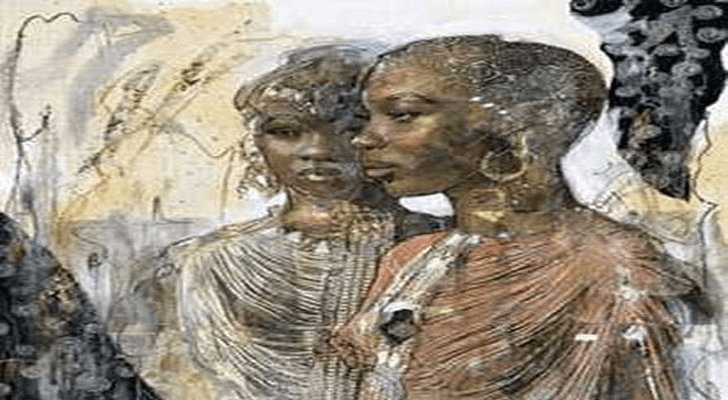

Titilope F Ajayi
In commemoration of International Women’s Day 2017 under the theme #BeBoldForChange, I was privileged to partake in a conversation tagged ‘Faith, Feminisms, and Fundamentalisms’ under the auspices of the African Women’s Development Fund. I was there as a woman, a feminist, an African, and a scholar of gender and international affairs. The exchanges at this well-attended event were so rich and profound that it would be hard to do justice to them and my article makes no such pretensions. What follows is a collage, for the sakes of feminists everywhere of what were, for me, the most poignant takeaways.
Feminism is not a dirty word. All that it means, at its element, to quote Professor Mercy Oduyoye, is a person—irrespective of sex—who sees women as human beings and responds to us accordingly.
There is no single superlative way to ‘do’ feminism. I say this in response to the sister who said she doesn’t call herself feminist because she’s unsure that she’s been faithful to its tenets. Because women have different standpoints, it stands to reason that there is a diversity of feminisms informed by race, age, social status, religion, location, and many more intersections of life. What unites all feminists everywhere is our shared quest for greater ‘humanism’ toward women.
Fundamentalism is not the preserve of any faith; feminism can be fundamentalist too when it won’t accommodate alternative feminist views. And there are many.
Feminism is not incompatible with faith. As one wise woman said, that we masculinise God does not make men gods. Women’s religious subordination, voluntary and imposed, is often the outcome of distorted interpretations of sacred texts, fed as much by our prevailing (in this case, African) cultural contexts as by complex gendered power plays, and a blindness to the historical and social contexts in which many holy books were written. The solution? Feminists of faith need to start and keep changing the narratives and reframing the frames that have occluded women’s equitable integration into faith spaces and invisibilised our contributions therein.
Agency is a many-sided thing. Within the strictures of what have long been and remain fundamentally male-dominated faith spaces, women of faith are exercising their agencies for change in different ways and at different levels, whether as women of faith or as social or professional personalities. What appears to be a tacit acceptance of male leadership in faith spaces by some women could also be viewed as pragmatism, as one woman said, that enables women to manoeuvre within tight spaces in ways that don’t dampen our activism. On another hand, some women, like Catholic women priests, are fighting religious patriarchy by creating parallel faith spaces that are more open to gender equality. Yet more needs to change. Is ‘realist’ feminism enough to make (a) faith(s) feminist? Whatever your views, there is a clear need, as one woman voiced, to engage directly and consistently with the gatekeepers of faith on this matter.
There is value in women talking to themselves. One of very few men besides the media who were present queried the utility of “women talking to women”, as he put it. I didn’t get the chance to engage with him, but I will use this opportunity to say that the solution to feminist struggles doesn’t lie with one space, or sex, or strategy. Conversations among women are safe, useful spaces to reflect, to connect, to share, to learn, and to coalesce around our diversities. The outcomes of such engagements can then more easily translate into the gendered spaces that we feminists seek to change in ways that are more likely to be conducive to our cause.
There was much more to say than time permitted at the event—an indication that the conversation was timely, the topic apt, and the environment conducive. It also shows that the correlations among faith, feminisms, and fundamentalism(s) have not been discussed enough. For this reason, I end with the MC’s admonition that the learnings and conversations need to continue. As members of the women’s movement, we must keep interrogating critically what we think we know and what we take for granted in order to consolidate the gains made thus far and maximise the prospect of lasting change.
In solidarity
Source photo : We are Sisters (Marta Gottfried)
Titilope is a freelance editor, writer, and gender and security scholar. Currently a PhD student of international affairs at the University of Ghana, she runs the blog www.doingaphdinAfrica.com and writes periodically for the Nonprofit Quarterly.
